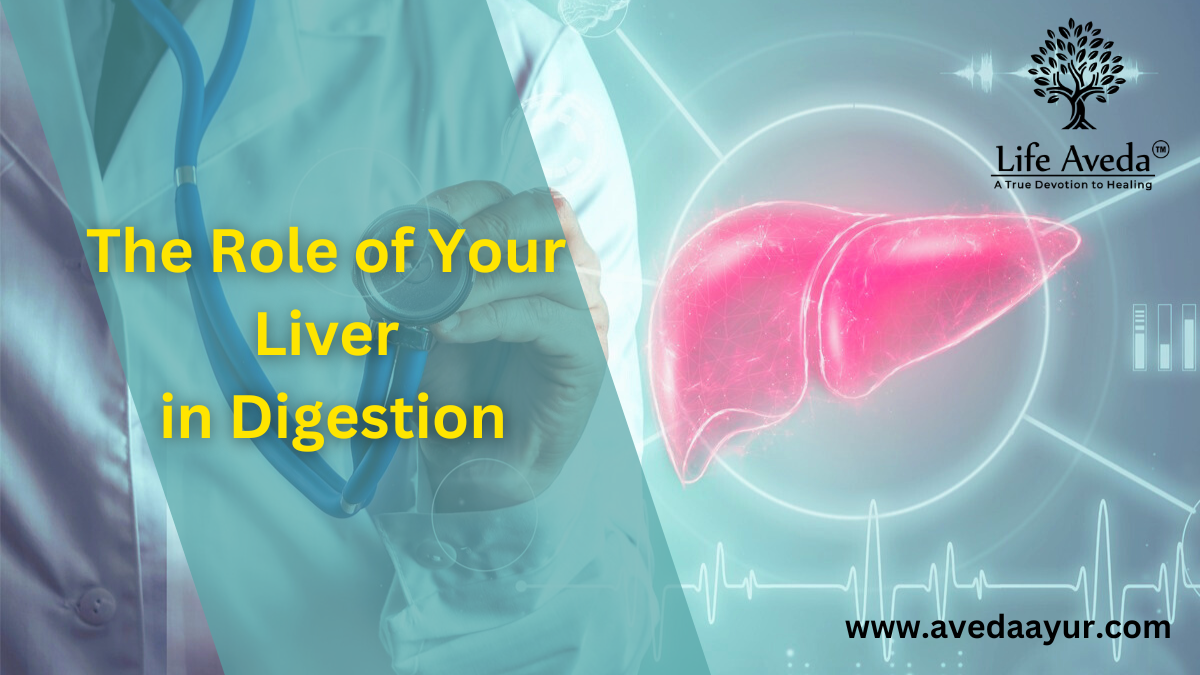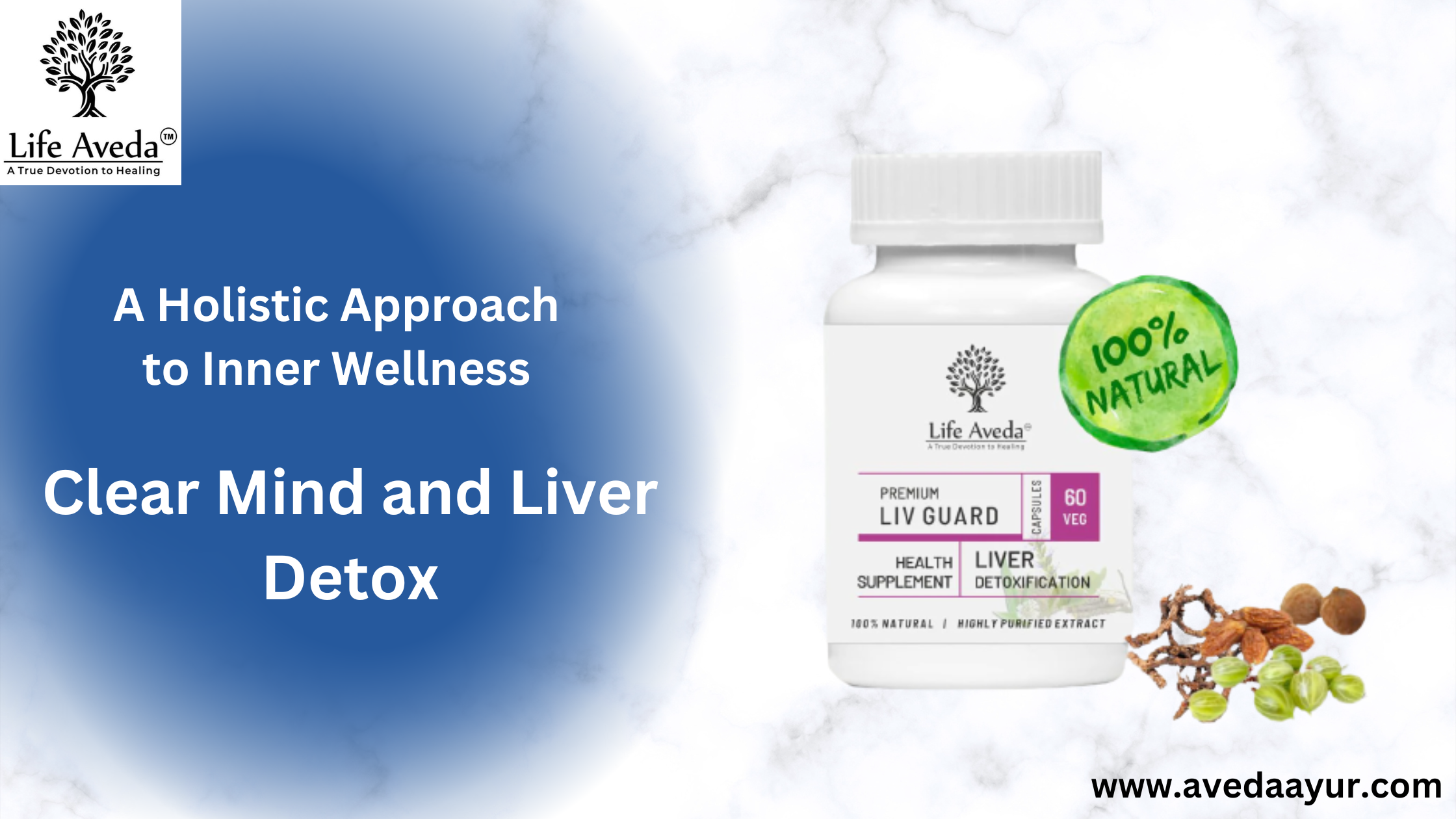We frequently pay attention to our stomach and intestines when it comes to digestion and metabolism, but the liver also plays an important part. Our body’s powerhouse liver serves a variety of purposes, including playing a critical part in digestion and metabolism. We will explore the significance of the liver and how it contributes to these vital processes in this blog.
1. Bile production
The liver produces bile, which is one of its main roles in digestion. To help with the breakdown and absorption of fats, bile, a yellowish-green fluid, is stored in the gallbladder and discharged into the small intestine. Bile aids in the breakdown of dietary lipids into smaller molecules that are easier for enzymes to digest and are more easily absorbed into the bloodstream. Bile production must be sufficient to ensure proper fat breakdown and absorption.
2. Detoxification
The body’s primary detoxifying organ is the liver. It removes toxins, drugs, and alcohol from our bloodstream as well as other dangerous compounds that enter through the digestive tract. These chemicals are transformed by the liver into less harmful or water-soluble forms, enabling removal from the body. Maintaining overall health and avoiding the buildup of toxic compounds that could otherwise disturb digestion and metabolism depend on this detoxification process.
3. Metabolic Process
The metabolism of carbohydrates, proteins, and lipids depends heavily on the liver. By holding onto extra glucose as glycogen and releasing it as needed, it helps control blood sugar levels. Additionally, the liver transforms proteins’ amino acids into a variety of chemicals needed for tissue repair, hormone synthesis, and energy production. In addition, the liver produces cholesterol, which is necessary for the synthesis of hormones and cell membranes.
4. Nutrient Retention and Release
The liver serves as a repository for vital substances. It holds minerals like iron and copper as well as vitamins like vitamins A, D, E, K, and B12. The liver distributes these nutrients into the bloodstream when our body needs them. The liver also stores glycogen, which is transformed back into glucose when the body needs a burst of energy in between meals or during times of heightened physical activity.
5. Controlling Lipid Levels
In order to keep our body’s lipid levels in a healthy range, the liver is essential. It controls the production, disintegration, and removal of cholesterol and triglyceride levels. Lipoproteins, which carry cholesterol to different tissues as needed, are formed from cholesterol that is synthesized in the liver. Additionally, it eliminates extra cholesterol from the body and removes it from the bloodstream. The liver aids in the prevention of diseases like excessive cholesterol and fatty liver disease by maintaining lipid levels in balance.
6. Generates Digestive Enzymes
Enzymes that support metabolism and digestion are produced by the liver. These enzymes help break down macronutrients into smaller molecules that our bodies can absorb and use. For instance, the liver creates the enzymes needed to convert fats into fatty acids and glycerol, proteins into amino acids, and carbs into glucose. These enzymes guarantee effective food digestion and utilization for the generation of energy and other essential processes.
An organ with several functions, the liver is essential to digestion and metabolism. The liver’s functions are essential for general health and well-being, including bile generation, detoxification, nutrition metabolism, and enzyme synthesis. For the best possible digestion, metabolism, and nutrient absorption, the liver must be kept in good condition. Maintaining a balanced diet, limiting alcohol use, and getting regular exercise are crucial for supporting liver function. We may improve digestion, metabolism, and general health by being aware of the it’s importance and adopting proactive measures to care for it.
At Life Aveda, we provide personalized online doctor consultations. In this, a doctor discusses the medical history of patients, does the root analysis on causes. After the deep analysis doctor suggest the necessary medication to the patient.
To book a Consultation call on us at +91 7743002520 or click on the button to schedule an appointment with our expert doctors.
We Care For Your Health
- 100% PRIVACY PROTECTION
- VERIFIED DOCTORS
- QUICK RESPONSE







